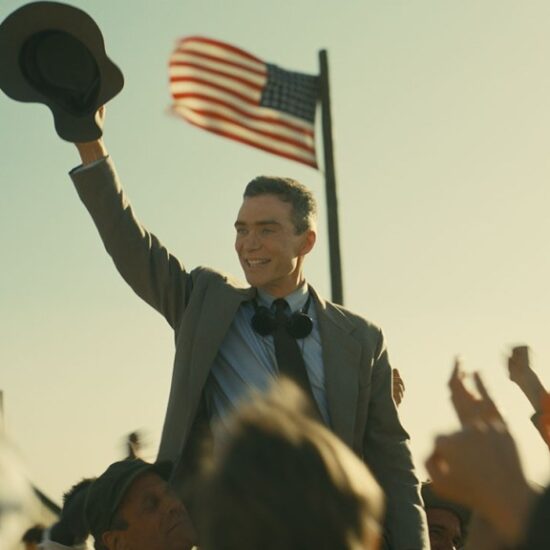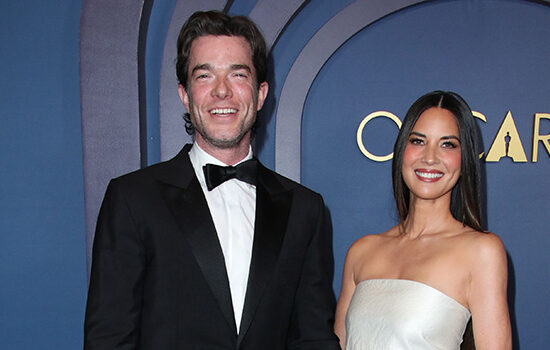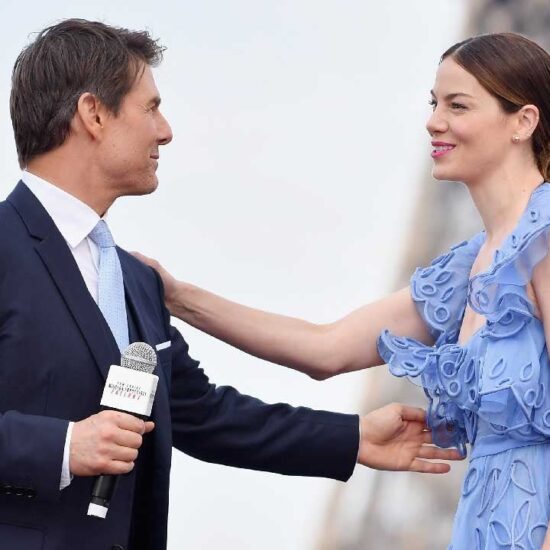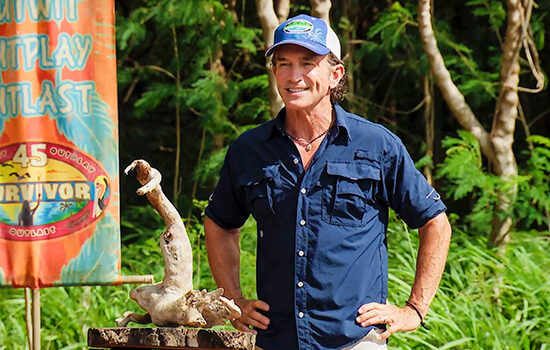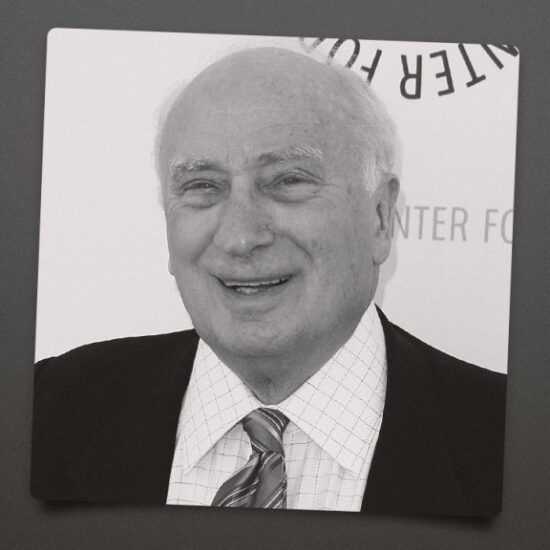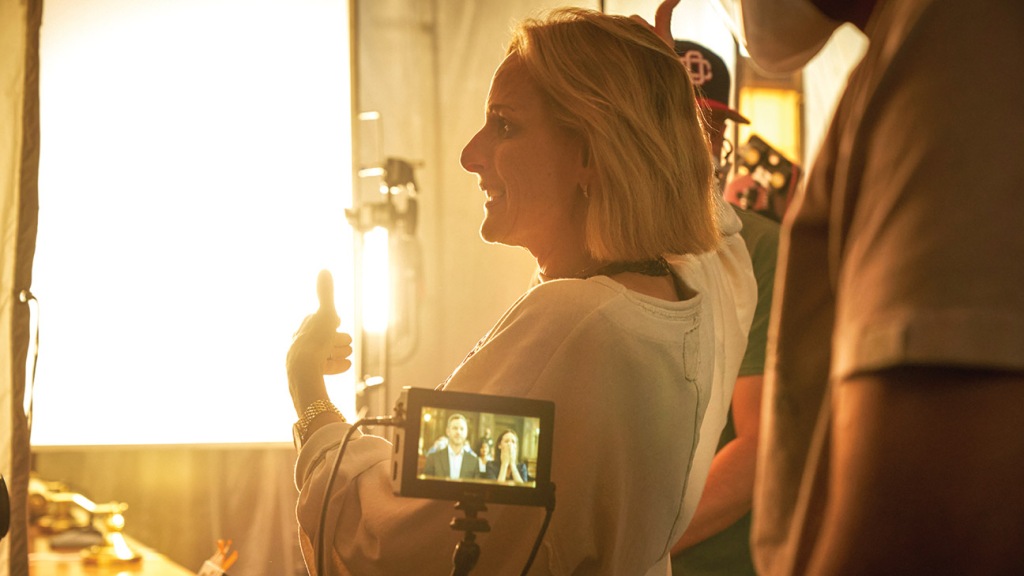
In 1987, Marlee Matlin became the first Deaf performer to win an Oscar for her role in Children of a Lesser God (and, at 21, the award also made her the youngest best actress winner in history). Now, Matlin has stepped behind the camera to direct “Ava’s Story,” the second episode of the Fox anthology series Accused.
The episode follows Ava (Stephanie Nogueras), a Deaf surrogate who goes to extreme measures to protect the baby she brought into the world after learning of the parents’ plans for cochlear implants. Along with Nogueras, “Ava’s Story” features other Deaf actors including Josh Castille and Lauren Ridloff.
The move makes Matlin the first Deaf director to direct a network show and the first to join the DGA. Matlin spoke to THR about her “awesome journey,” saying, “I’ll never look at the set the same way again.”
Was “Ava’s Story” written with you in mind to direct, or did you board the project after reading the story?
It had already been written. I read the script and was so delighted to see a story that really focused on the point of view of a character who was Deaf — I thought it was a very important story to tell — particularly on television.
I had felt the itch to want to direct for a long time — it was always there in the back of my mind. So, when my team said, “Howard Gordon is interested in working with you,” I said, “Howard Gordon? Really? The Howard Gordon?” It was a great honor.
Stephanie Nogueras (left) and Matlin on the set of the show.
Steve Wilkie/FOX
Tell me more about working with Gordon, who created Accused and is its executive producer.
He made himself completely accessible, completely available 24/7. He always approached my questions with a great attitude and a great sense of humor. I felt very comfortable with his guidance particularly as a first-time director, as a woman, being Deaf — all the levels that I brought to the table. And, in fact, at the end of the day, he never treated me any special way just because I was Deaf. He just treated me as a director who had the ability to direct.
How did you create an inclusive environment on set?
Because we were working during the pandemic, we had clear masks on the set, and there were interpreters everywhere. I had a sign-language consultant and dialogue coach who worked with me as well as the hearing and Deaf actors in being able to create an authentic form of sign language — just the same way you would have a dialogue coach for spoken language. I had everything at my disposal that a director would need and deserves regardless of whether they’re Deaf or not.
How was it different being behind the camera?
It was a very exciting process because, as an actor, I would just go to my trailer, drop off my stuff, go to hair and makeup, study my lines and wait for my call time. But, as a director, I had my fingers in every single [part of filming]. It was like being the master painter in charge of all the various colors that go into a painting.

Accused supporting actors Aaron Ashmore and Megan Boone.
Shane Mahood/FOX
Had any of the actors on set ever been directed by a Deaf director before?
Stephanie had not. Joshua [Castille] had not. And they told me that, for the first time, they felt a freedom to be able to do their job because I was able to speak their language and give them direction and be two-thousand percent transparent. And I loved hearing that. I felt that same way.
And I was that way with hearing actors, [too]. There were times that I would ask, “How are the hearing actors delivering their lines? How do they sound?” Because, of course, I was focused on the visual … [Other] times, I wanted [the hearing actors] to hear me — to actually hear me speak — so I would ask the interpreter to stand by and let me deal directly with the actor through my speaking voice.
We were [all] able to explore [and] create … and I [found] ways to connect to each and every one of them.
The sounds made by the Deaf actors really stood out to me when I was watching “Ava’s Story.” Can you tell me more about this?
The first day working on set, I went up to the sound guy and said, “You’ll probably hear sounds that you’ve not heard before that emanate from hands hitting together in sign language and the utterances that Deaf people make as they’re speaking — the natural sounds that Deaf people make. Whatever you do, keep those sounds because they are authentic.”
You have described yourself in the past as having “deaf eyes.” How do you think that element helped you communicate your directorial vision?
Anything that moves, I catch. I have learned to hear — if you want to put it that way — by watching. [When it came to the silent scenes in “Ava’s Story,”] I wanted to portray the authentic point of view of a person who is Deaf. It’s not disability porn. It’s actually what happens when you are faced with a situation and you can’t hear. I wanted to show what we see, what we hear — as we say, through our eyes — in [those] scenes, especially like the scene of the birth where everyone’s talking around [Ava] and there’s no interpreter.
You mentioned “disability porn.” What does that mean to you?
It’s using videos of people or using disability as a means [to] elicit some sort of sympathy from the audience, rather than to give a better understanding of how we live our lives as Deaf people.
Do you see yourself doing more directing, or maybe directing and acting? Are there other areas of filmmaking that you want to explore?
Listen, I’d love to be able to direct some more, and I have some ideas in mind. Of course, I am also, respectfully, honoring the writers strike. Acting and directing at the same time is a different challenge that I haven’t attempted yet, but I’m up for that challenge. And I look forward to more Deaf directors having the opportunity to direct as I did.
Interview edited for length and clarity.
This story first appeared in a June stand-alone issue of The Hollywood Reporter magazine. To receive the magazine, click here to subscribe.









